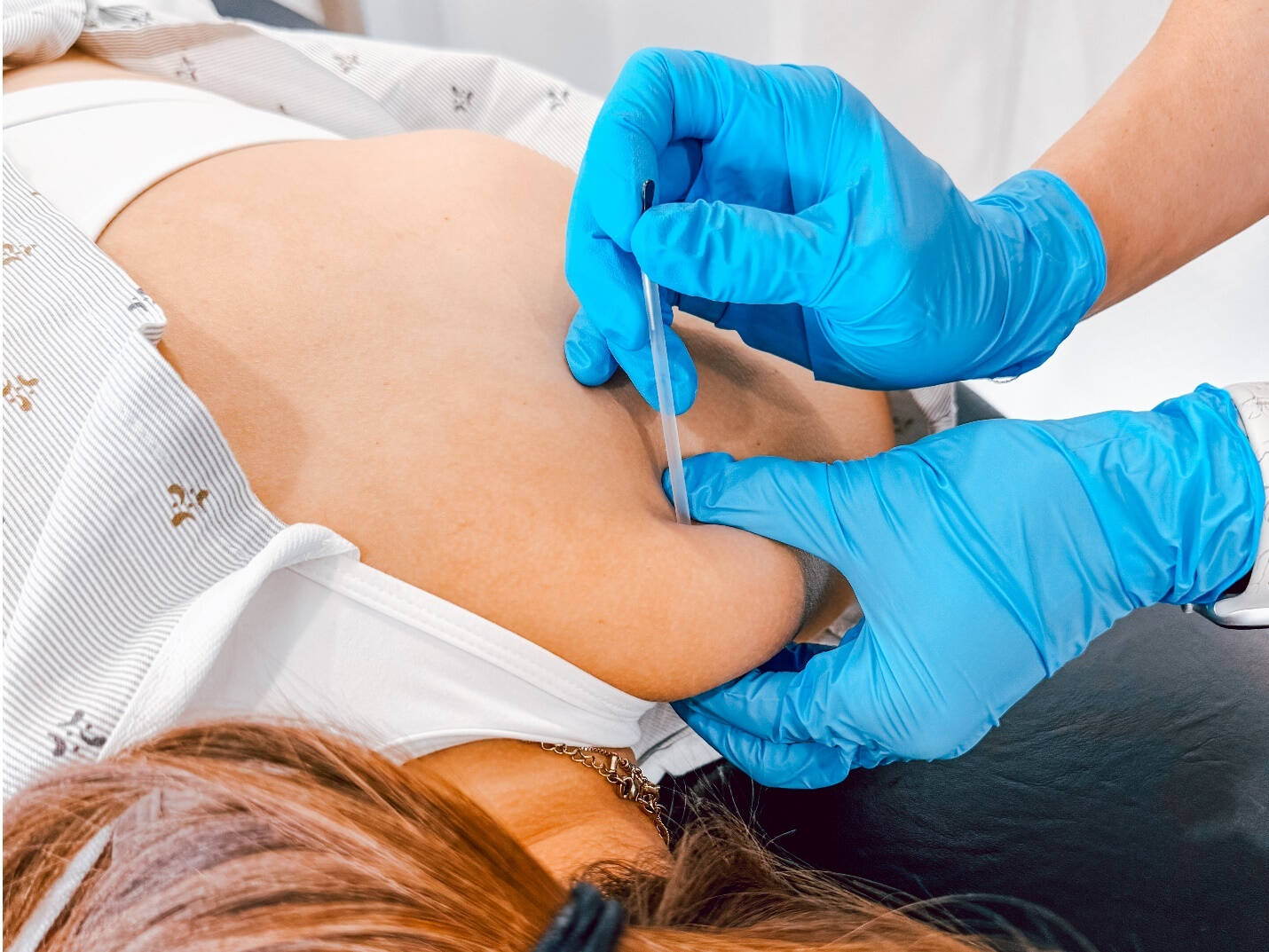Acupuncture and Functional Dry Needling in physiotherapy offers a holistic approach to pain management and rehabilitation, addressing not only the physical symptoms but also the underlying factors contributing to the patient's condition.
Both Diane and Natasha are certified and experienced in incorporating acupuncture or functional dry needling into their physiotherapy treatment plans
Acupuncture in physiotherapy integrates traditional acupuncture techniques into the practice of physiotherapy to address musculoskeletal pain and dysfunction. In acupuncture physiotherapy, the principles of traditional Chinese medicine (TCM) are combined with modern physiotherapeutic approaches. Licensed physiotherapists who have received additional training in acupuncture use acupuncture needles to stimulate specific points on the body to promote healing and relieve pain.
The application of acupuncture within physiotherapy typically focuses on addressing musculoskeletal conditions such as back pain, neck pain, shoulder pain, knee pain, and various sports injuries. Acupuncture is often used as part of a comprehensive treatment plan alongside other physiotherapy modalities such as exercise therapy, manual therapy, and education.
The specific acupuncture points chosen and the techniques used may vary depending on the patient's condition, symptoms, and individual response to treatment. Physiotherapists trained in acupuncture assess each patient's unique needs and tailor the acupuncture treatment accordingly.
Acupuncture in physiotherapy is believed to work through several mechanisms. It may help regulate the nervous system, reducing pain signals and promoting relaxation. Acupuncture also stimulates the release of endorphins and other neurotransmitters, which can have pain-relieving and mood-enhancing effects. Additionally, acupuncture may improve blood circulation and reduce inflammation in the affected areas, promoting tissue healing and recovery.
Overall, acupuncture in physiotherapy offers a holistic approach to pain management and rehabilitation, addressing not only the physical symptoms but also the underlying factors contributing to the patient's condition. It can be an effective adjunct to traditional physiotherapy techniques, helping patients achieve better outcomes and improved quality of life. However, as with any medical intervention, individual responses to acupuncture may vary, and it may not be suitable for everyone. Please consult with a qualified healthcare provider to determine if acupuncture is an appropriate treatment option for your specific needs.
Functional Dry Needling
Functional Dry Needling (FDN) is a therapeutic technique used by healthcare professionals to treat musculoskeletal pain and dysfunction. Unlike traditional acupuncture, which is rooted in Chinese medicine and focuses on balancing the body's energy flow, FDN is based on modern neuroanatomy and biomechanics principles.
During a FDN session, fine needles are inserted into myofascial trigger points, also known as muscle knots, or dysfunctional tissues to stimulate a twitch response. This twitch response is a reflexive contraction of the muscle fibers, which helps release tension and improve muscle function. The insertion of the needle into these trigger points also promotes the release of endorphins, which are natural pain-relieving chemicals produced by the body. FDN aims to restore proper muscle function, improve flexibility, and reduce pain by addressing underlying muscular imbalances and dysfunctions. It is commonly used to treat a variety of conditions, including neck and back pain, headaches, tendinitis, sports injuries, and other musculoskeletal disorders.
FDN is considered a safe and effective treatment when performed by trained and licensed healthcare professionals. However, it's essential to note that while many patients experience significant pain relief and improved function after FDN, individual responses may vary, and it may not be suitable for everyone. Therefore, it's crucial to consult with a qualified healthcare provider to determine if FDN is an appropriate treatment option for your specific needs.


